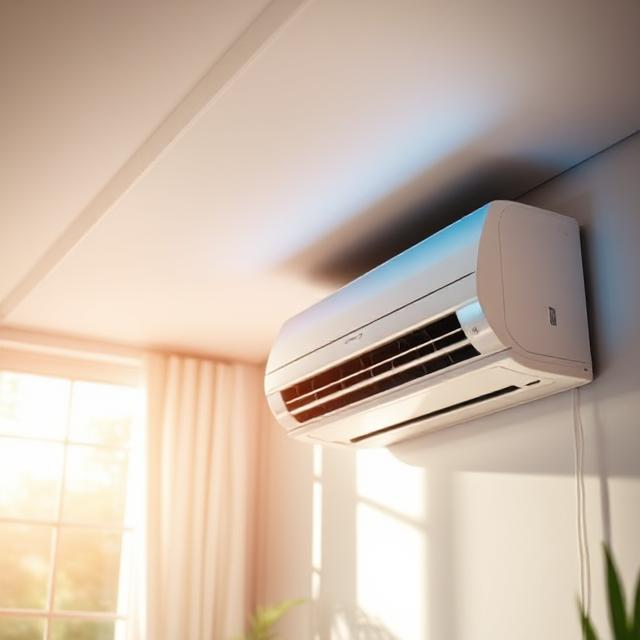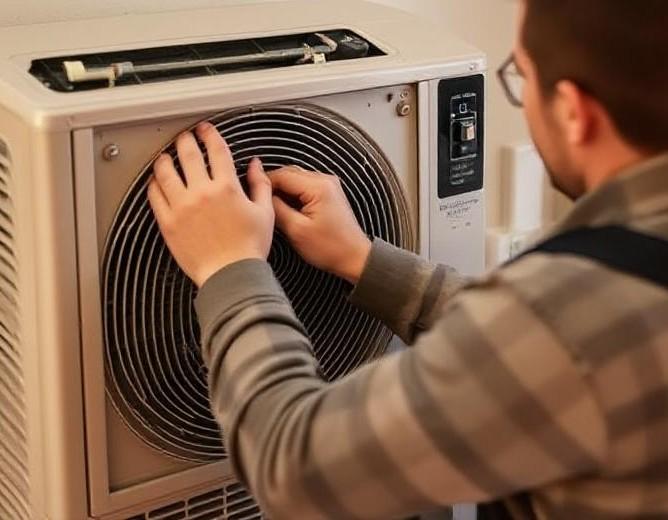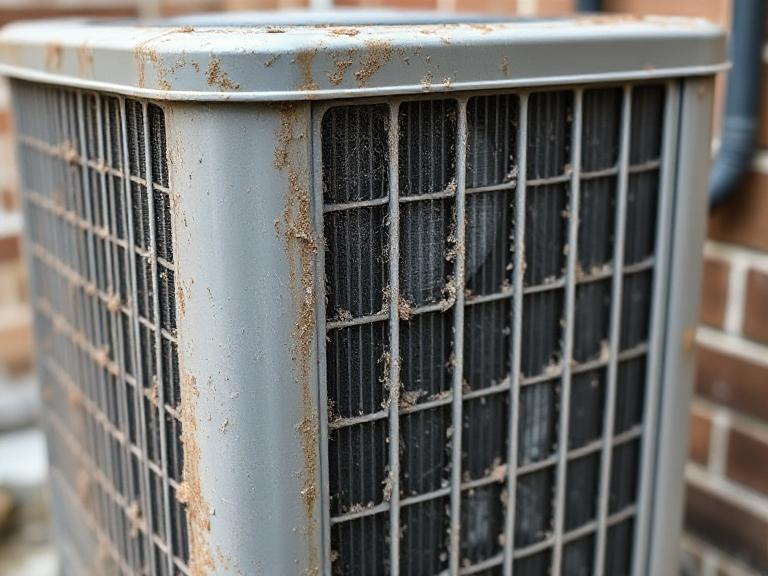Repair or Replace? Deciding the Best Option for Your Faulty AC Unit
Introduction
When the summer heat kicks in, your air conditioning unit becomes a lifeline. But what happens when that lifeline starts to falter? It’s a tough decision: should you repair your faulty AC unit or replace it altogether? In this comprehensive guide, we’ll walk you through the nuances of air conditioner repair, helping you understand when it makes sense to call in the experts and when it might be time to invest in a new system.
Let’s dive into the details and figure out what's best for your comfort!
Repair or Replace? Deciding the Best Option for Your Faulty AC Unit
The question “Repair or Replace? Deciding the Best Option for Your Faulty AC Unit” is one many homeowners face, especially during scorching summers. No one wants to be left sweating indoors, but not every malfunction necessitates an expensive new purchase.
Understanding Your Air Conditioning System
Components of an AC Unit
An air conditioning unit is made up of several key components:
Understanding these parts can help you pinpoint where issues arise and whether they can be repaired.
How Do Air Conditioners Work?
Air conditioners operate on a simple principle: they remove heat from indoor air using refrigerants that cycle through compressor and evaporator coils. Most units rely on electricity, making them efficient for cooling spaces quickly.
Signs You Need Air Conditioner Repair
Unusual Noises
If your unit starts making strange noises—like banging or hissing—it’s a clear sign something isn’t right. Ignoring these sounds could lead to more significant damage.
Inadequate Cooling
Is your AC just not cutting it anymore? If it’s struggling to cool down even on high settings, you may need to consider repairs.
Frequent Cycling
Does your unit turn on and off frequently? This could indicate an issue with the thermostat or other components that need attention from an experienced technician.
Increased Energy Bills
A spike in energy costs can indicate inefficiencies in your unit—possibly due to wear and tear that requires repair.
Foul Odors
Experiencing musty smells? A malfunctioning AC may signal mold buildup within the ductwork, which necessitates immediate inspection.

Evaluating Repair Costs vs Replacement Costs
Short-Term Vs Long-Term Expenses
When considering whether to repair or replace, think about both short-term costs (immediate repairs) and long-term expenses (potential replacements).
- Repairs might seem cheaper initially but could lead to recurring costs if underlying issues aren’t resolved.
- Replacement, while more expensive upfront, often comes with warranties and energy efficiency that save you money over time.
The 50% Rule in HVAC Decisions
Many HVAC experts recommend if repair costs exceed 50% of replacement costs, it may be wiser to invest in a new unit rather than continue pouring money into repairs.
Factors Influencing Your Decision
Age of Your Air Conditioner
How old is your AC unit? Typically, systems older than 10-15 years are prime candidates for replacement due to declining efficiency.
Frequency of Repairs
If you're constantly calling an air conditioning repair service, perhaps it's time to break the cycle and consider getting a new model altogether.
Energy Efficiency Ratings
Newer models come with higher SEER ratings (Seasonal Energy Efficiency Ratio), meaning lower energy bills. If yours is outdated, this could be a compelling reason for replacement.
Consulting Certified HVAC Contractors
Why Professional Help Matters
Navigating the intricacies of HVAC systems can be daunting. A certified HVAC contractor brings expertise and knowledge essential for diagnosing issues accurately.
Finding Reliable Services Near You
Searching “AC service near me” can yield local professionals ready to assess your situation promptly. Look for reviews and certifications that ensure you're getting quality service!
Questions To Ask Your Contractor
DIY Repairs vs Professional Services
When Can You DIY?
Some minor issues like changing filters or cleaning ductwork can often be handled yourself without professional assistance.
When It's Best To Call A Pro
More complicated repairs—such as electrical problems or refrigerant leaks—require expertise beyond basic DIY skills!
The Role of Duct Cleaning Services
Importance of Clean Ducts
Dusty ducts can impede airflow and reduce efficiency significantly! Regular duct cleaning services help maintain optimal performance levels in your AC system.


8 Benefits of Duct Cleaning
| Benefit | Description | |---------------------------------|---------------------------------------------------------| | Improved Indoor Air Quality | Removes allergens such as dust and pet dander | | Enhanced Efficiency | Allows for better airflow | | Reduced Energy Bills | Lowers strain on your air conditioner | | Longer Lifespan | Prevents wear-and-tear on components | | Odor Removal | Eliminates unpleasant smells | | Healthier Environment | Reduces risk of respiratory issues | | Pest Control | Helps eliminate infestations by removing nesting sites | | Better Comfort | Ensures even temperature distribution |
FAQ Section
1. How do I know if my AC needs repair?
Look out for unusual noises, inadequate cooling, frequent cycling, increased energy bills, and foul odors.
2. What is considered too old for an air conditioning unit?
Typically, units older than 10-15 years may warrant consideration for replacement due to declining efficiency.
3. Should I try repairing my own AC?
Minor issues like changing filters can be DIY-friendly; however, complex problems should always involve professional help from certified technicians!
4. How often should I have my ducts cleaned?
Experts recommend having duct cleaning services performed every three to five years depending on usage and environmental factors.
5. What are SEER ratings?
SEER stands for Seasonal Energy Efficiency Ratio—the higher the SEER rating, the more efficient your AC unit will be!
6. How do I find a reliable HVAC contractor?
Search online using “AC service near me,” read reviews, ask friends/family for recommendations, and ensure they’re certified!
Conclusion
Deciding whether to repair or replace a faulty AC unit isn't just about immediate comfort; it's about long-term investment in efficiency and reliability as well! By understanding how air conditioners work, knowing the signs indicating trouble ahead, https://anthemcv.com/hvac/ consulting certified HVAC contractors when necessary—and keeping up regular maintenance—you’ll ensure that you make informed decisions that suit both your budgetary needs and lifestyle preferences!
So next time you ask yourself "Repair or Replace? Deciding the Best Option for Your Faulty AC Unit," remember this guide has laid out everything you need!